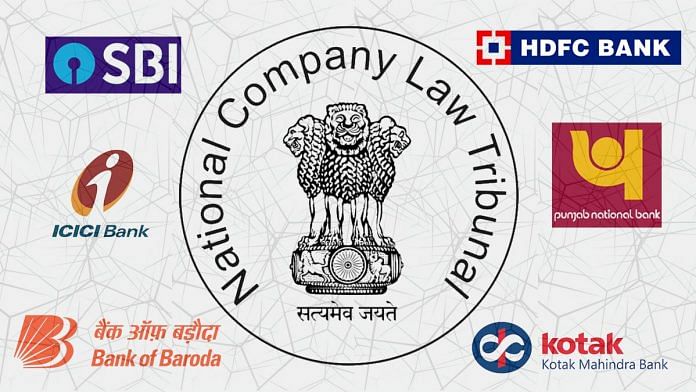New Delhi: Lok Sabha Speaker Om Birla has referred the Insolvency and Bankruptcy Code (Second Amendment) Bill, which seeks to streamline the corporate insolvency resolution process, to the standing committee on Finance of which former prime minister Manmohan Singh is a member.
The committee, chaired by BJP MP and former minister of state for Finance Jayant Sinha, has been asked to examine and submit the report on the bill within three months.
Four other bills, introduced in the Winter session of Parliament, were referred to different standing committees for further examination, the Lok Sabha secretariat said in a bulletin. The bills relate to anti-piracy, welfare of labourers, and ‘maintenance’ of parents and senior citizens.
“Members are informed that the Speaker, Lok Sabha has referred the Insolvency and Bankruptcy Code (Second Amendment) Bill, 2019, as introduced in Lok Sabha, to the Standing Committee on Finance for examination and report within three months,” the Lok Sabha secretariat said.
The bill seeks to amend the Insolvency and Bankruptcy Code (IBC) so successful bidders of insolvent companies will be ring-fenced from any risk of criminal proceedings for offences committed by previous promoters of companies concerned.
It was passed by the Cabinet and subsequently introduced in the Lok Sabha during the Winter session earlier this month.
The Speaker has also referred the anti-maritime piracy bill, which proposes stringent punishment, including death penalty or life imprisonment, to those involved in piracy at sea, to the parliamentary standing committee on external affairs chaired by former Union minister P P Choudhary.
The bill, which aims to promote the safety and security of India’s maritime trade, and the safety of its crew members, was introduced on December 9 in the Lok Sabha by External Affairs Minister S Jaishankar.
The speaker also referred two bills for the welfare of labourers — the Industrial Relations Code, 2019 bill and the Code on Social Security, 2019 — to the standing committee on labour for examination and report within three months.
The draft code on industrial relations has been prepared after amalgamating, simplifying and rationalising the relevant provisions of three Central Labour Acts — The Trade Unions Act, 1926, The Industrial Employment (Standing Orders) Act, 1946 and The Industrial Disputes Act, 1947.
The social security code bill proposes to set up a social security fund using the corpus available under corporate social responsibility. The fund will provide welfare benefits such as pension, medical cover, and death and disablement benefits to all workers, including gig workers.
The Maintenance and Welfare of Parents and Senior Citizens (Amendment) Bill, 2019 was referred to the standing committee on social justice and empowerment for examination and report within three months.
The bill seeks to punish those who intentionally abuse their parents or senior citizens under their care and protection or abandon them may be sentenced to six months’ imprisonment or slapped with a fine of Rs 10,000 or both.
Also read: Why personal guarantors will now face trouble if their companies can’t repay debt






